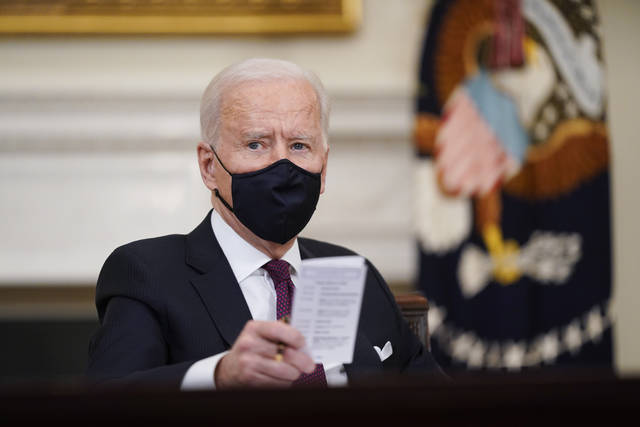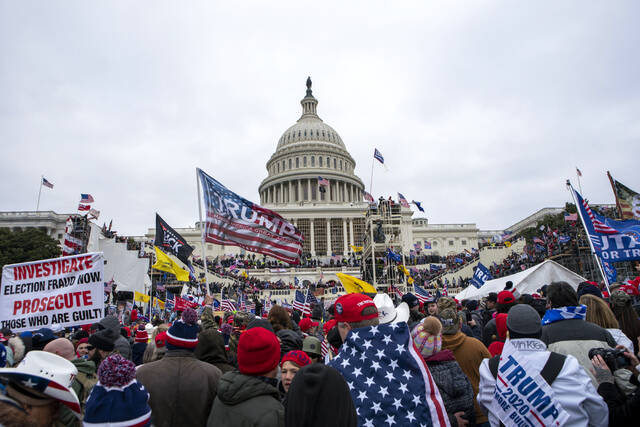Now we know what “quid pro quo” looks like. After the $1.9 trillion tax cut that favored Americans in the top 20 percent income bracket during the Trump administration, the Biden administration’s $1.9 trillion American Rescue Plan spends most of its money on middle-class and lower-income American families and local and state government.
Under the Biden stimulus plan, poverty will be reduced by a third and child poverty will be reduced by more than half, according to an analysis by Columbia University’s Center on Poverty and Social Policy. Regular Americans, those who have been hit especially hard by the pandemic and who were barely making it even before that, will finally see some light.
For most folks, there is much to like. They will soon see up to $1,400 in stimulus money, an increased child tax credit that will help millions of families provide for their children, a significant drop in Affordable Health Care premiums for the middle class and salvation for many collapsing pension plans that would otherwise fail.
As reported in The New York Times, “middle-income families, those making $51,000 to $91,000 per year, will see their after-tax income rise by 5.5% as a result of the tax changes and stimulus payments,” according to an analysis by the Tax Policy Center.
And the $350 billion in aid to state and local governments is anything but partisan. As the Urban Institute has determined, red states, including Alaska, North Dakota, Texas, Wyoming and Louisiana are among the hardest hit by a collapse in revenue. Across America, local homeowners will be spared the crushing tax increases that would be necessary to keep their towns afloat without this relief.
It’s no wonder that The Economist found this to be one of the most popular pieces of legislation in decades. It has “broad support among Americans, including a plurality of Republicans.” According to the Pew Research Center, nearly two-thirds of lower-income Republicans favor the Biden plan. That’s what makes the politics surrounding this bill so puzzling.
Not a single Republican in the Senate or the House of Representatives voted for this stimulus bill. Maybe that was “quid pro quo,” too, because no Democrats voted for the Trump tax cuts for the wealthy in 2017, but this opposition runs smack into the hopes and needs of most voters, from both parties.
Sen. Roger Wicker, a Republican from Mississippi, voted against the bill and then touted one of its benefits to his constituents, tweeting that “$28.6 billion worth of targeted relief” for independent restaurant operators will ensure they survive the pandemic. Because he played key role for restaurant relief in Senate legislation, he might get away with that. But his “no” vote is what counts.
But the political risks are considerable for Republicans as they try to come up with a strategy that will help them win back Congress in the midterm elections. By 2022, if this legislation is working as planned and America has emerged from this catastrophic pandemic, the Democrats’ campaign ads will write themselves.
Echoing Franklin Delano Roosevelt’s “New Deal” response to the Great Depression, Biden has created a government response for a time of big troubles. The “New Deal” lasted 10 years, reinvented our economy and restored the people’s faith in the ability of government to help in times of peril. And Roosevelt was reelected three times.








